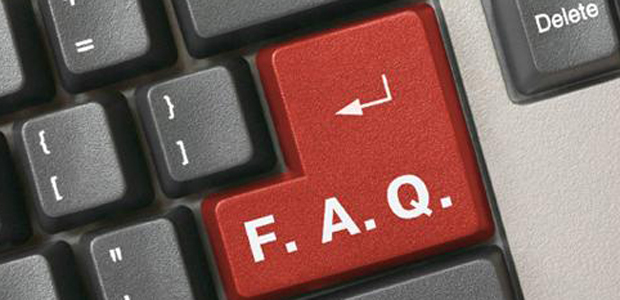AUP FAQ: Your Questions Answered
What is an AUP?
An Acceptable Use Policy (AUP) is a document, signed by students and their parents, guardians or carers, detailing the ways in which the Internet, mobile phones and related devices can and cannot be used in your school.
Why do schools need an AUP?
An agreed policy approach promotes good practice and safe, responsible use of the internet. While the web can be a great learning tool, it also contains some dangerous content and can be abused. That’s why it’s vital that schools establish an AUP which addresses all rights, privileges, responsibilities and sanctions associated with computer use. It also provides a school with legal protection from liability.
Who develops an AUP?
All school stakeholders should be involved in the formation of internet policy – teachers, students, boards of management, parents and guardians. But primarily, a teacher can lead the process of setting up a co-ordinating group or committee which can begin the process.
What issues should be examined before writing your AUP?
There are many questions which you should look into before getting the ball rolling on your school’s AUP. It is important that many issues be assessed, like how email use will be managed, access to chartrooms and likely sanctions to be imposed for breaches of policy.
What elements should your school’s AUP include?
Each school will be different based on its ICT use and existing policy. But generally, there are some areas which most schools will make policy for. For example, including a section on rules governing the plagiarising and use of other people’s work online is a good idea, as is securing a commitment from pupils that they keep personal information private while online. Rules governing the reporting of cyberbullying as well as attempts to access inappropriate material are also important areas.
How do I get parents and pupils to sign up to the AUP?
AUPs and internet permission forms should be sent to all parents/guardians and students for them to sign. These forms should be regularly reviewed, updated, and signed-up to. The correspondence should explain the need for an AUP and why it’s important for all stakeholders to be part of your school’s ICT policy.
A student has violated our AUP, what do I do?
Breaches of policy should be inbuilt into your AUP, so there is likely to be specific steps you can take to deal with the situation. Indeed, most AUPs specify a person to deal with violations too. Minor incidents can be dealt with by warnings or mild sanctions, but more serious breaches can carry heavier penalties. It’s also very important that your school has a clear AUP detailing possible sanctions as it can provide legal protection.
How often should the policy be reviewed/updated?
Once ratified by the board of management, your AUP should initially be reviewed over short time periods, say three weeks. As it becomes embedded, policy documents may require less revision, perhaps on a longer term basis. However, it is important to set specific revision periods. As technology evolves constantly there are new trends, developments and threats, so it’s vital that you keep on top of emerging topics to ensure safe internet use for everyone.
If you have a question you would like answered please contact us on internetsafety@pdst.ie






